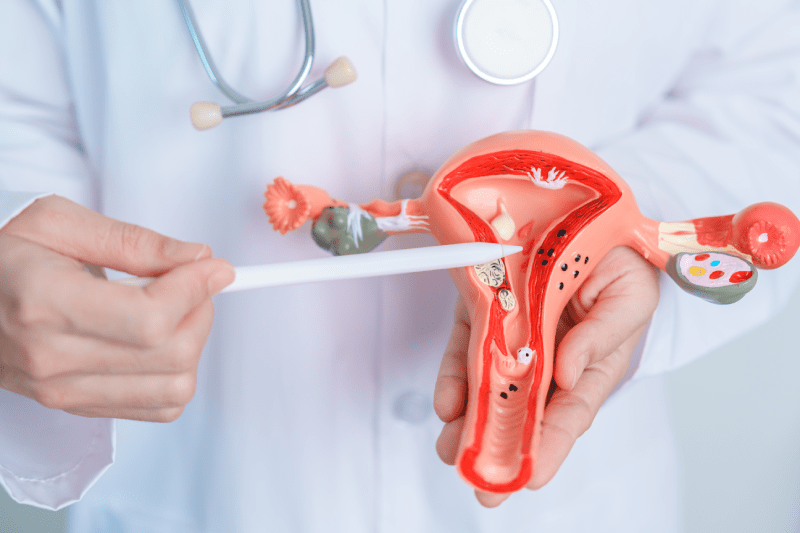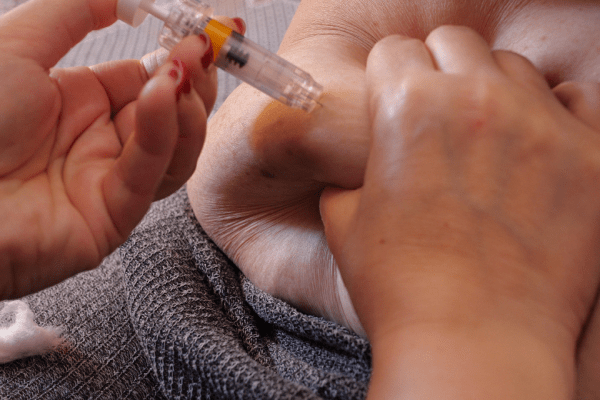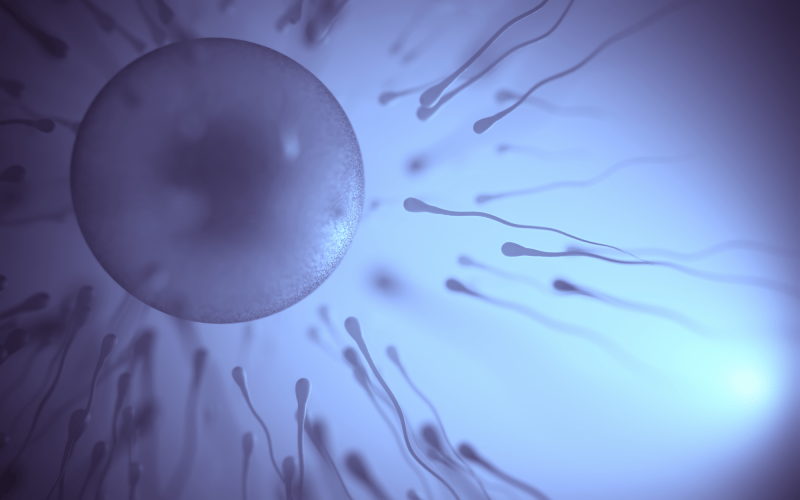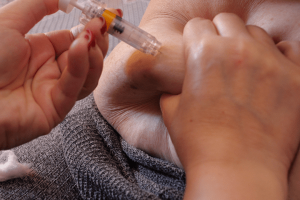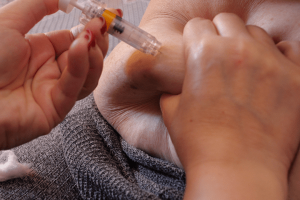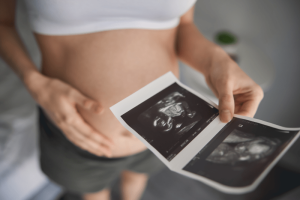Which country has the best egg donation? Cyprus Egg Donation Prices
What is IVF Egg Donation?
In vitro fertilization (IVF) is a fertility treatment that has helped many couples conceive a child. For some couples, using an egg donor can increase their chances of success. IVF egg donation involves retrieving eggs from a donor, fertilizing them with sperm in a laboratory, and then transferring the resulting embryos to the intended mother or a surrogate.
Egg donation is an option for women who are unable to produce viable eggs due to age, early menopause, or certain medical conditions. It can also be used for couples where the male partner has a genetic disorder that could be passed on to their offspring. In these cases, using a donor egg can increase the chances of having a healthy baby.
How is IVF Egg Donation Performed?
The process of IVF egg donation involves several steps. First, the intended mother or surrogate will undergo hormone therapy to prepare her uterus for pregnancy. During this time, the egg donor will also undergo hormone therapy to stimulate her ovaries to produce multiple eggs. The eggs are retrieved from the donor using a needle that is inserted through the vaginal wall. This procedure is done under sedation, and the donor typically experiences little discomfort.
Once the eggs are retrieved, they are fertilized with sperm in a laboratory. The embryos are then monitored for several days to determine which ones are developing normally. The healthiest embryos are then transferred to the intended mother or surrogate’s uterus using a thin catheter. Any remaining embryos can be frozen for future use.
It’s important to choose a reputable fertility clinic and egg donor agency to ensure the safety and success of the procedure. The donor should also undergo extensive medical and genetic screening to minimize the risk of passing on any hereditary diseases or conditions.

Who Is Suitable For Egg Donation? In Which Cases Can Egg Donation Be Used?
Egg donation is a fertility treatment option that can help women who are unable to conceive with their own eggs. It involves using eggs from a donor to fertilize with sperm in a laboratory and then transferring the resulting embryos to the intended mother or surrogate. But who is suitable for egg donation? Let’s take a closer look.
- Women with Premature Ovarian Failure
Premature ovarian failure is a condition where a woman’s ovaries stop functioning before the age of 40. This can be due to a variety of factors, including genetics, autoimmune disorders, and chemotherapy. Women with premature ovarian failure are not able to produce viable eggs, so using a donor egg can be a viable option for them to conceive.
- Women with Poor Egg Quality
As women age, the quality of their eggs can decline, leading to difficulty in conceiving or an increased risk of miscarriage. Women with poor egg quality may benefit from using a donor egg, which can increase their chances of a successful pregnancy and live birth.
- Women with Certain Medical Conditions
Some medical conditions can affect a woman’s ability to produce viable eggs, such as Turner syndrome, fragile X syndrome, or polycystic ovary syndrome (PCOS). In these cases, using a donor egg can help these women conceive and have a healthy pregnancy.
- Same-Sex Couples and Single Women
For same-sex female couples and single women who wish to have a child, egg donation can be an option to conceive. The donated eggs can be fertilized with sperm from a donor or a partner and then transferred to the intended mother or surrogate.
- Genetic Disorders
In some cases, using a donor egg can be recommended if there is a risk of passing on a genetic disorder to the offspring. This can be the case for couples where one partner carries a genetic disorder that could be passed on to their child. Using a donor egg can reduce the risk of passing on the disorder to the offspring.
In conclusion, egg donation can be a viable option for women who are unable to conceive with their own eggs due to a variety of factors. It can help women with premature ovarian failure, poor egg quality, certain medical conditions, same-sex couples, and those with a risk of passing on a genetic disorder. It’s important to work with a reputable fertility clinic and egg donor agency to ensure the best possible outcome.
Benefits and Risks of Egg Donation
Egg donation is a process in which a woman donates her eggs to another woman who is unable to conceive with her own eggs. Egg donation is an increasingly popular option for women who are unable to conceive naturally or who have difficulty carrying a pregnancy to full term. While it is a beneficial process for many, there are also risks that must be considered.
Benefits of Egg Donation
- Helps Infertile Couples: Egg donation is a boon for couples who are unable to conceive with their own eggs. For them, egg donation is the only option to have a biological child.
- Increases Success Rate: Egg donation significantly increases the success rate of pregnancy. According to reports, the success rate of egg donation is between 50% and 80%.
- Allows for Genetic Testing: Egg donation allows for genetic testing before the transfer of the embryo, which can help prevent certain genetic disorders from being passed down.
- Helps Women with Premature Ovarian Failure: Women who enter early menopause or experience premature ovarian failure can benefit from egg donation.
Risks of Egg Donation
- Hormonal Side Effects: The hormone injections required for egg donation can cause side effects like mood swings, headaches, and fatigue.
- Ovarian Hyperstimulation Syndrome: In rare cases, the hormone injections can cause ovarian hyperstimulation syndrome (OHSS), which can be life-threatening.
- Infection: Infection can occur during the egg retrieval process.
- Multiple Pregnancies: There is a higher likelihood of multiple pregnancies with egg donation, which can increase the risk of complications during pregnancy and delivery.
- Emotional and Psychological Risks: Egg donation can be emotionally and psychologically challenging for donors, as they may have to face the possibility of not being able to conceive in the future.
In conclusion, egg donation is a beneficial process for many women who are unable to conceive naturally. However, it is important to consider the potential risks and side effects associated with the process. It is important for both donors and recipients to fully understand the process and make an informed decision.
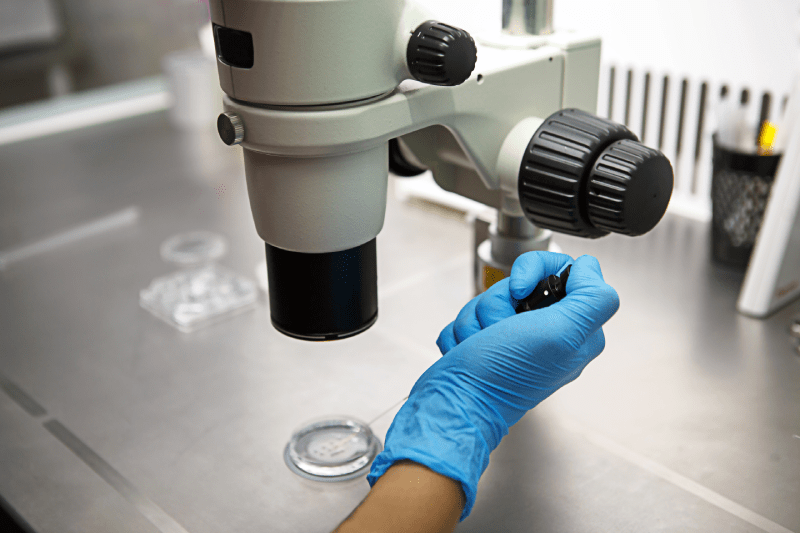
What Is The Success Rate Of Egg Donation?
The success rate of egg donation varies depending on several factors, including the age and health of the donor and recipient, the number of embryos transferred, and other medical considerations. However, overall, the success rate of egg donation is quite high and offers hope to many women who are struggling to conceive with their own eggs.
In Which Countries Is Egg Donation Performed?
Egg donation is a medical practice that has become increasingly popular in recent years. This procedure is mainly performed in countries that have legalized it and have established regulations for its practice. One of the most popular countries for egg donation is Cyprus, a small island nation located in the eastern Mediterranean.
Cyprus has become a popular destination for egg donation due to its favorable laws and regulations. The country has a comprehensive legal framework that governs the practice of egg donation, ensuring that it is safe and ethical. The Cyprus government has also established strict guidelines for egg donation clinics, which must comply with international standards and undergo regular inspections.
Egg donation in Cyprus is legal, and the country has a well-established infrastructure for the procedure. Cyprus has several reputable clinics that specialize in egg donation, with experienced doctors and staff who are dedicated to providing high-quality care to their patients. These clinics use the latest technology and techniques to ensure the best possible results for their patients.
One of the main advantages of egg donation in Cyprus is the cost. Compared to other countries, the cost of egg donation in Cyprus is relatively low, making it an affordable option for many couples who are struggling with infertility. Additionally, the country’s warm climate and beautiful scenery make it an attractive destination for couples who are looking to combine their fertility treatment with a relaxing vacation.
Apart from Cyprus, other countries where egg donation is performed include Spain, Greece, the Czech Republic, and the United States. In Spain, egg donation is legal, and the country has a well-developed infrastructure for the procedure. Greece and the Czech Republic also have well-established egg donation clinics, with experienced doctors and staff who provide high-quality care to their patients.
In conclusion, egg donation is a medical procedure that is performed in several countries worldwide. Cyprus is one of the most popular destinations for egg donation due to its favorable laws and regulations, experienced doctors and staff, and affordable cost.

Most Affordable Egg Donations – Cyprus Egg Donation Prices 2023
Egg donation is a medical procedure that has helped many couples struggling with infertility to start a family. However, the cost of egg donation can be a significant barrier for many couples, especially if insurance doesn’t cover the procedure. Fortunately, there are affordable options available, and one of the most popular destinations for affordable egg donations is Cyprus.
Cyprus is a small island nation located in the eastern Mediterranean and has become a popular destination for egg donation due to its favorable laws and regulations. The country has a comprehensive legal framework that governs the practice of egg donation, ensuring that it is safe and ethical. The Cyprus government has also established strict guidelines for egg donation clinics, which must comply with international standards and undergo regular inspections.
One of the main advantages of egg donation in Cyprus is the cost. Compared to other countries, the cost of egg donation in Cyprus is relatively low, making it an affordable option for many couples who are struggling with infertility.
Apart from the cost, another advantage of egg donation in Cyprus is the high success rates. Cyprus has some of the highest success rates for egg donation in Europe, with success rates of up to 70%. This high success rate is due to the country’s experienced doctors and staff who use the latest technology and techniques to ensure the best possible results for their patients. You can contact us for the Cyprus egg donation cost and egg donation details.
